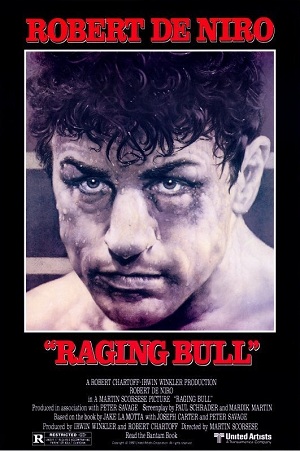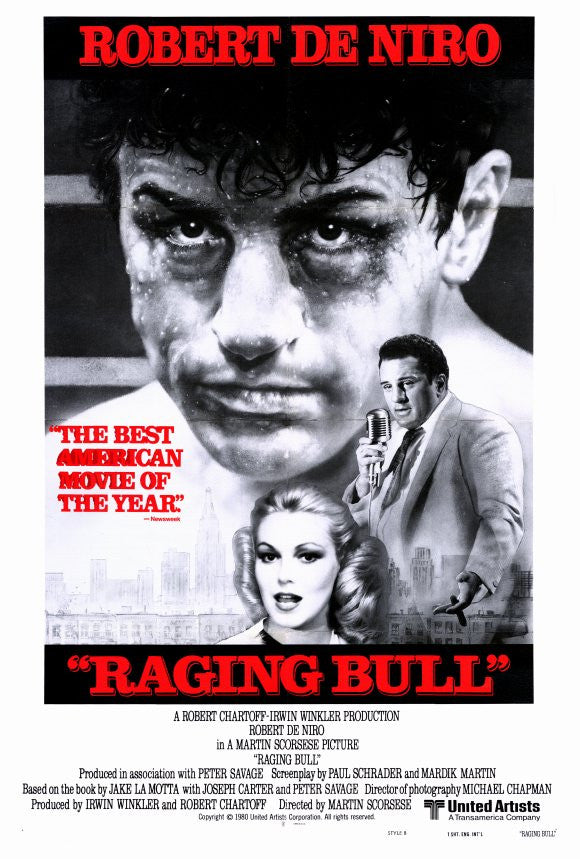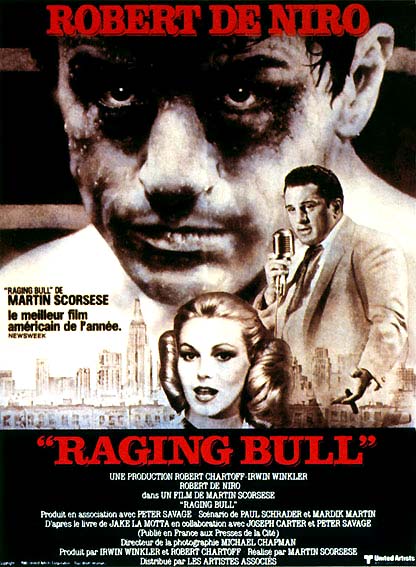
Raised in a strict Calvinist family in Michigan, Schrader has kept the self-sacrificing, self-tormenting passion of rigorous Christianity at the center of even his most secular work-in the righteous fury of the working man, the boxer, the sex worker, the parent, and, of course, the artist. Hollywood has a short memory: for his 2013 film “The Canyons” (starring Lindsay Lohan), he turned to Kickstarter for financing. He wrote “Taxi Driver” and “The Last Temptation of Christ” and co-wrote “Raging Bull” he’s directed dozens of films, including “Blue Collar” and “American Gigolo” (which launched Richard Gere as a star), “Mishima” (one of the most ambitious and visionary ever produced by a studio) and “Affliction” (which won James Coburn an Oscar for Best Supporting Actor). Paul Schrader is in the midst of one of the most illustrious careers in Hollywood history, but much of it seems to have occurred under the radar. nobody can make a living.” Photograph by Franck Ferville / Agence VU / Redux

This is a way we would like to shoot the basketball.“Anybody who has a phone can make a movie,” Schrader says. We started to say, ‘Okay, this is a model for us. When Zak and I saw Raging Bull, we were watching Raging Bull and we saw that what Scorsese was doing, and how he was developing the language from fight to fight.

Which, you know, provides a tremendous amount of possibility for the camera to do really special things. And the camera can easily get inside the ring with them, so you can get very close to the action. And it's because it's simple in terms of the action, right? It's like one guy versus another guy. And boxing movies are beautifully photographed. And then we started watching boxing movies.

J at Rucker Park and we watched a lot of street ball games.

And if you know Martin Scorsese’s body of work, then you can probably guess which of his movies was instrumental in this case: He and his team did watch basketball footage but, interestingly enough, they started looking at boxing films as well. He revealed that there was no exact cinematic model for him to lean on in order to craft the kind of story he wanted to tell. While Jeremiah Zagar tapped into some familiar (yet effective) tropes, he explained to CinemaBlend’s own ReelBlend podcast that he realized something early on.


 0 kommentar(er)
0 kommentar(er)
